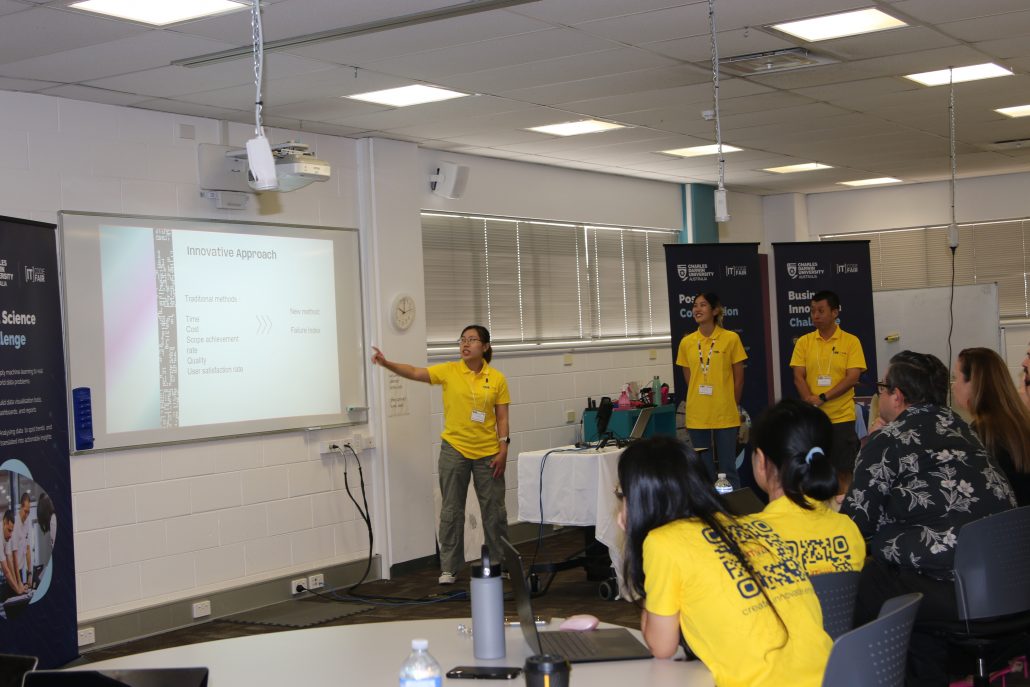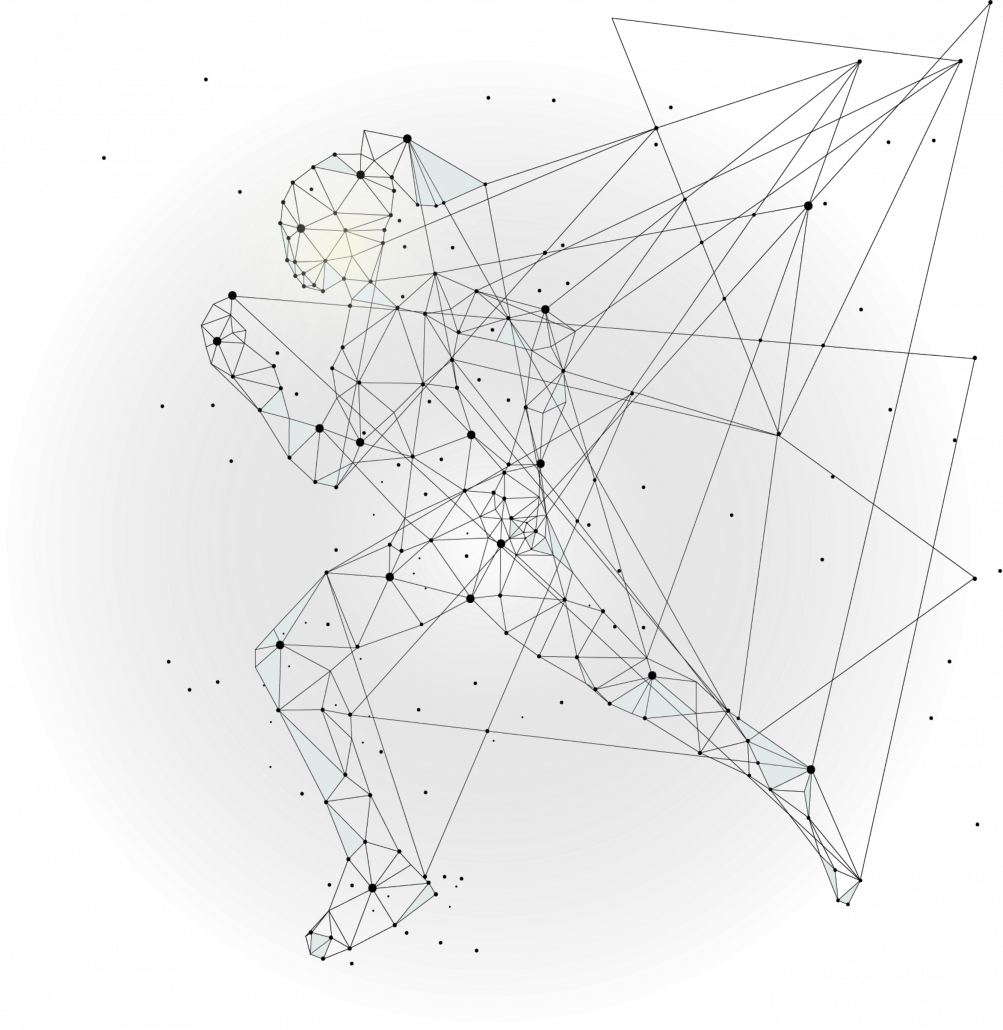Transform Data, Empower Communities
Data Science Challenge
The CDU Data Science Fair 2024 offers a platform to apply data science expertise and innovative thinking. Explore real-world data and showcase talent, making a real impact on the future of the Northern Territory. Tackle real challenges, analyze trends, and present solutions that address key issues in areas like tourism, business growth, and community development.
** Registration closes on September 15 **

Utilizing existing datasets available in NTG’s open data portal at https://data.nt.gov.au/ (combined with other external data sources), participants are invited to identify interesting insights about the urban and rural population behaviours.
Areas of focus include tourism, business growth, jobs, migration, and other relevant factors that can inform policies for future development and contribute to the growth of the Northern Territory.
Emphasising classification, categorization, correlation, visualization, and storytelling, this competition challenges participants to uncover meaningful trends and patterns that can shape the Territory's future.
Participants are encouraged to leverage the latest advancements in machine learning and deep learning to address any identified challenging problems.
** Make yourself stand out by submitting your best data science project to be evaluated by industry judges. **
Entrants may submit an outstanding data science project from previous assignments at CDU or develop a new project.
You will showcase your project to industry and academic judges in person on
Wednesday, 2nd of October 2024 at Blue 02A.1.01, CDU Casuarina
What is Required?
Rules of Competition
Participants must be in teams of 2 to 4 students.
The data science solution must be developed in Python. Results must be submitted as .py scripts or Jupyter Notebooks written in Python.
There is no restriction on the specific Python packages.
Submission
Please submit your substantial work-in-progress by the Project Submission Deadlines stated below. You may include Python scripts, all processed datasets, and the requirements.txt file (if applicable) to replicate your Python environment.
Team Presentation
Your team must pitch your work to a panel of judges on the stated presentation date at Charles Darwin University Casuarina Campus.
DURATION: 10 minutes pitching + 5 mins Q&A per team
Online information session
26 Aug 2024, 4 PM – 5 PMvia Microsoft Teams linkProject submission deadline
20 Sep 2024 (the submission link has been emailed to eligible registrants)Competition
02 Oct 2024, 09:00 – 17:00
Blue 02A.1.01, CDU Casuarina
Eligibility
All students who are currently enrolled on CDU’s Information Technology coursework courses (undergraduate, postgraduate, TAFE)
Judging Criteria
Submissions will be judged according to the following criteria: datasets, overall creativity and originality, technical sophistication, contextual relevance and practicality, ethical considerations and presentation.
First winner and runner up will be selected.
Panel of Judges
Bruno Braga
Executive Director Digital Government
Northern Territory Government
Garey Neenan
Director Digital Policy and Data Strategy
Northern Territory Government
Brett Riley
Data Warehouse Manager
Northern Territory Government
CDU IT CODE FAIR 2024
is brought to you by

PLATINUM SPONSOR

GOLD SPONSOR




SILVER SPONSOR





BRONZE SPONSOR






